Industry information
Company News
- Aluminum veneer: the 'invisible star' in modern architecture
- Imitation wood grain aluminum veneer: a perfect fusion of modernity and nature
- Aluminum veneer: not just a material, but also the art of architecture
- Aluminum veneer, creating a new trend in future architecture
- Aluminum veneer: a fashionable element in architecture, your new favorite for home decor?
Industry dynamics
- Analysis of the advantages and development prospects of hyperbolic punched aluminum veneer
- Imitation wood grain aluminum veneer: a green choice for modern architecture
- Customized aluminum veneer adds unique charm to buildings
- Curtain wall aluminum veneer: the "invisible guardian" of modern architecture
- Imitation wood grain aluminum veneer: a green choice for modern architecture
Frequently asked questions
- Can the insulation function of aluminum veneer improve the comfort of buildings?
- Will the thickness of aluminum veneer affect its service life?
- What are the limitations of the application scope of aluminum veneer?
- Is the surface treatment method of aluminum veneer restricted?
- How to evaluate the impact of the plasticity of aluminum veneer on the appearance of buildings?
contact us
Mobile:+86 15627778610
Email: 2201229786
Address: No. 5 Binjiang Road, High tech Zone, Zhaoqing City, Guangdong Province
What is the tensile strength of fluorocarbon aluminum veneer?
- Author: Lesilong Technology (Guangdong) Co., Ltd
- Release time: 2022-03-02 12:08:01
- Click:0
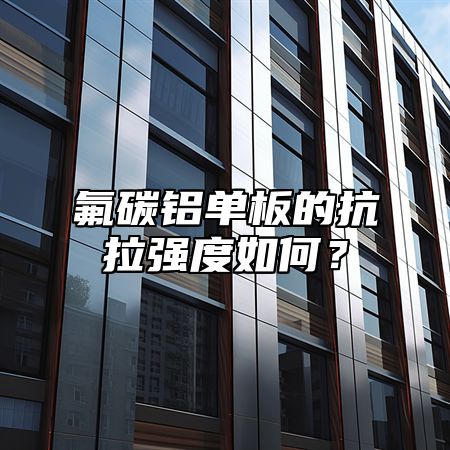
FluorocarbonAluminum veneerIt is a building material widely used in fields such as architecture, billboards, curtain walls, etc. In addition to its excellent weather resistance, corrosion resistance, and decorative properties, fluorocarbon aluminum veneer also has good tensile strength. The following will provide a detailed introduction to the tensile strength of fluorocarbon aluminum veneer and its influencing factors.
1. Definition of tensile strength
Tensile strength refers to the maximum tensile force that a material can withstand before fracture under the action of tensile force. In architecture, tensile strength is commonly used to evaluate the load-bearing capacity and durability of materials.
1. Tensile strength of fluorocarbon aluminum veneer
The tensile strength of fluorocarbon aluminum veneer is related to factors such as its material and production process. High quality fluorocarbon aluminum veneer is usually made of high-strength aluminum alloy material, which is precision processed and treated to form a hard oxide film on its surface, thereby improving its hardness and wear resistance. Fluorocarbon aluminum veneer also has high tensile strength and yield strength, which can effectively resist the action of tensile force.
It should be noted that the tensile strength of fluorocarbon aluminum veneer is not absolute, and its performance is affected by various factors such as material quality, usage environment, thickness, etc. When using fluorocarbon aluminum veneer, it is necessary to choose and design according to the specific situation, and follow the manufacturer's instructions and maintenance suggestions to ensure the service life and stable performance of fluorocarbon aluminum veneer.
Fluorocarbon aluminum veneer has good tensile strength and can effectively withstand external loads and deformation forces. However, the specific tensile strength still needs to be evaluated and determined based on factors such as material properties and production processes. Consumers should choose fluorocarbon aluminum veneer products that meet the standards and follow the manufacturer's instructions and maintenance recommendations to ensure the service life and stable performance of fluorocarbon aluminum veneer. Attention should also be paid to the characteristics of materials and structural limitations during design and installation to ensure that the construction effect meets the requirements.

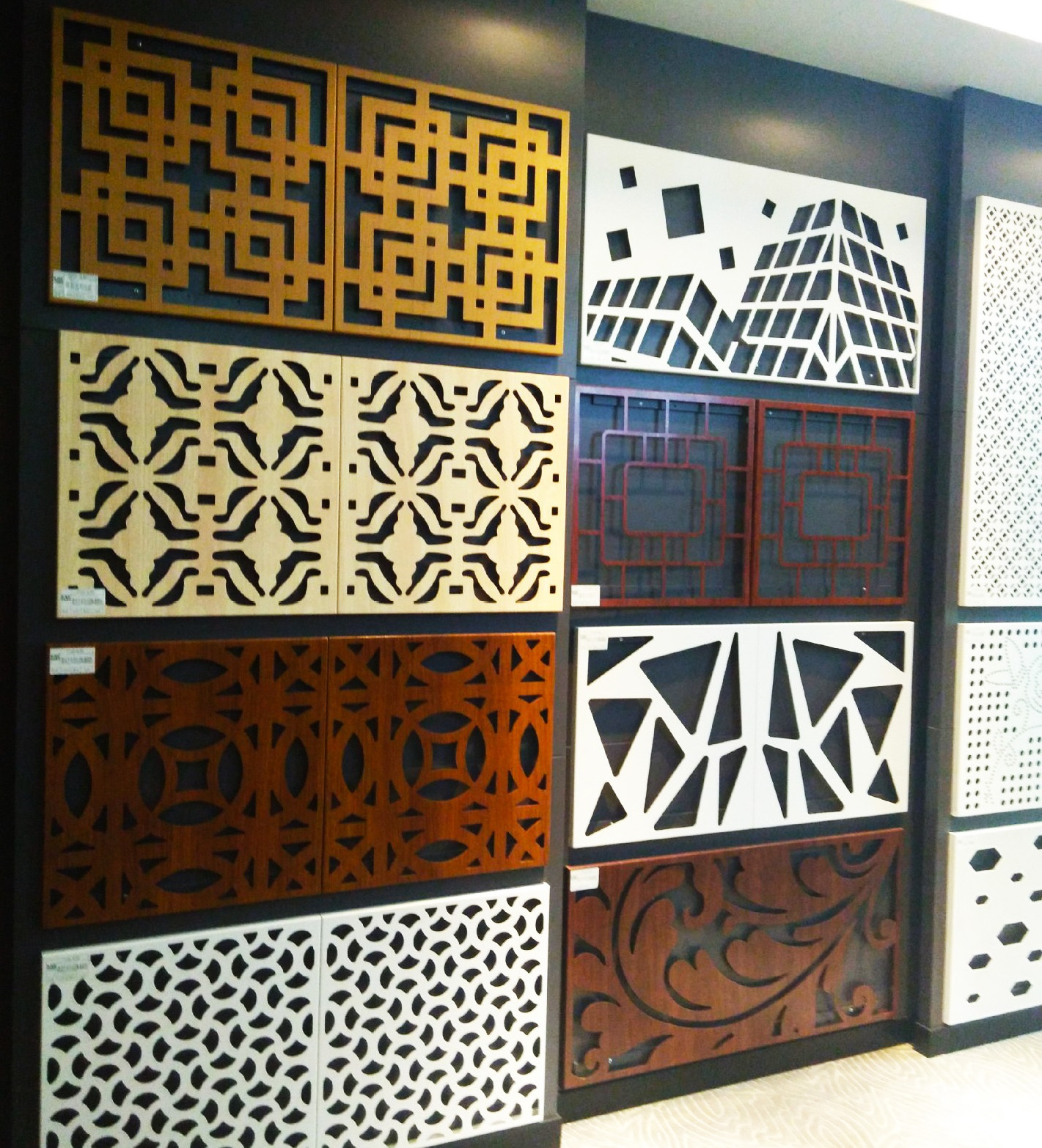
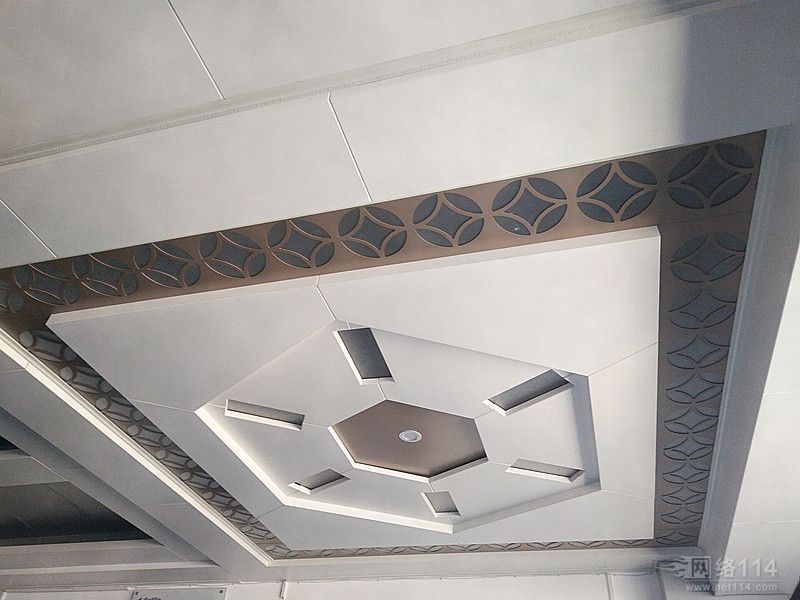
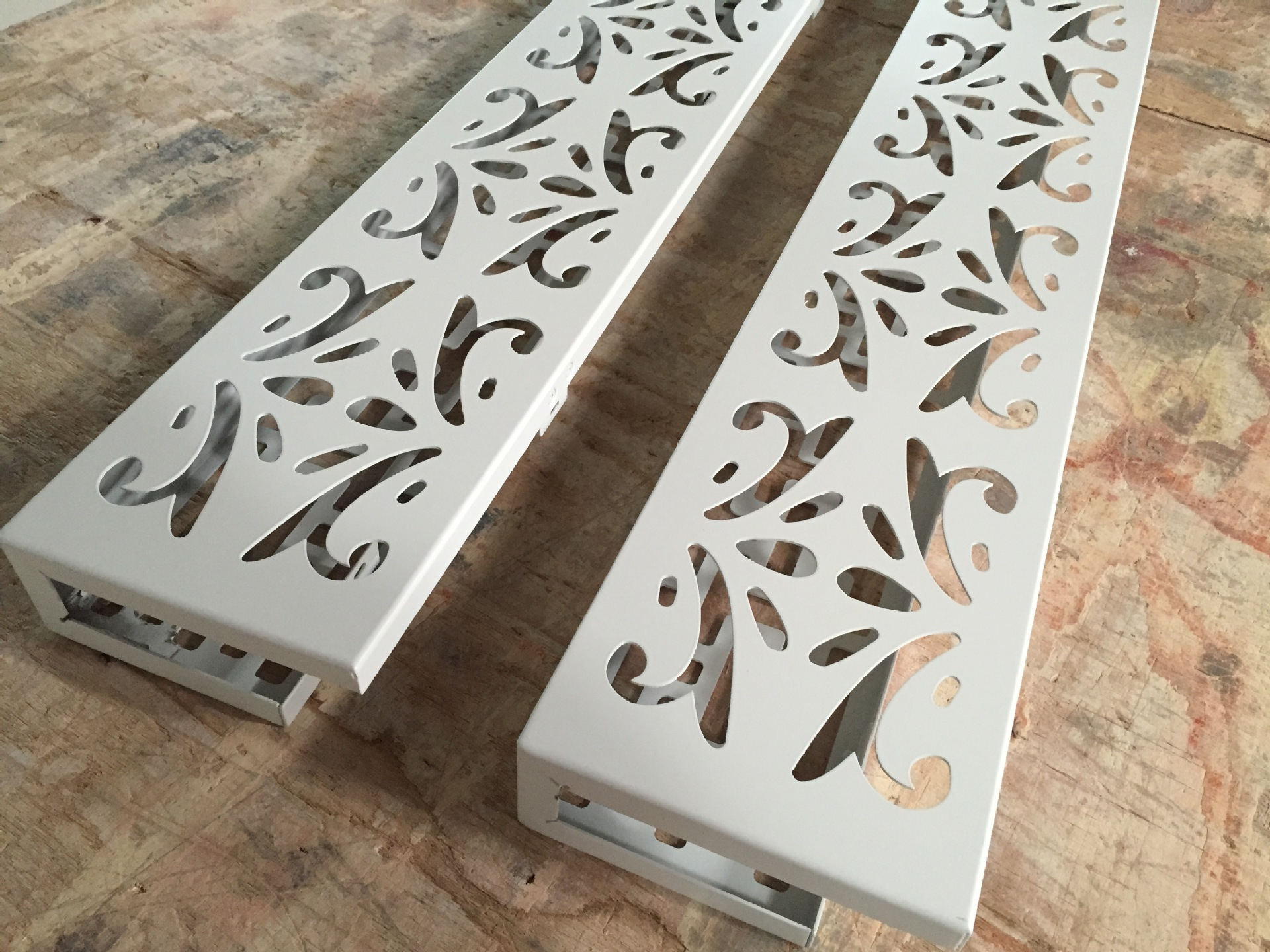
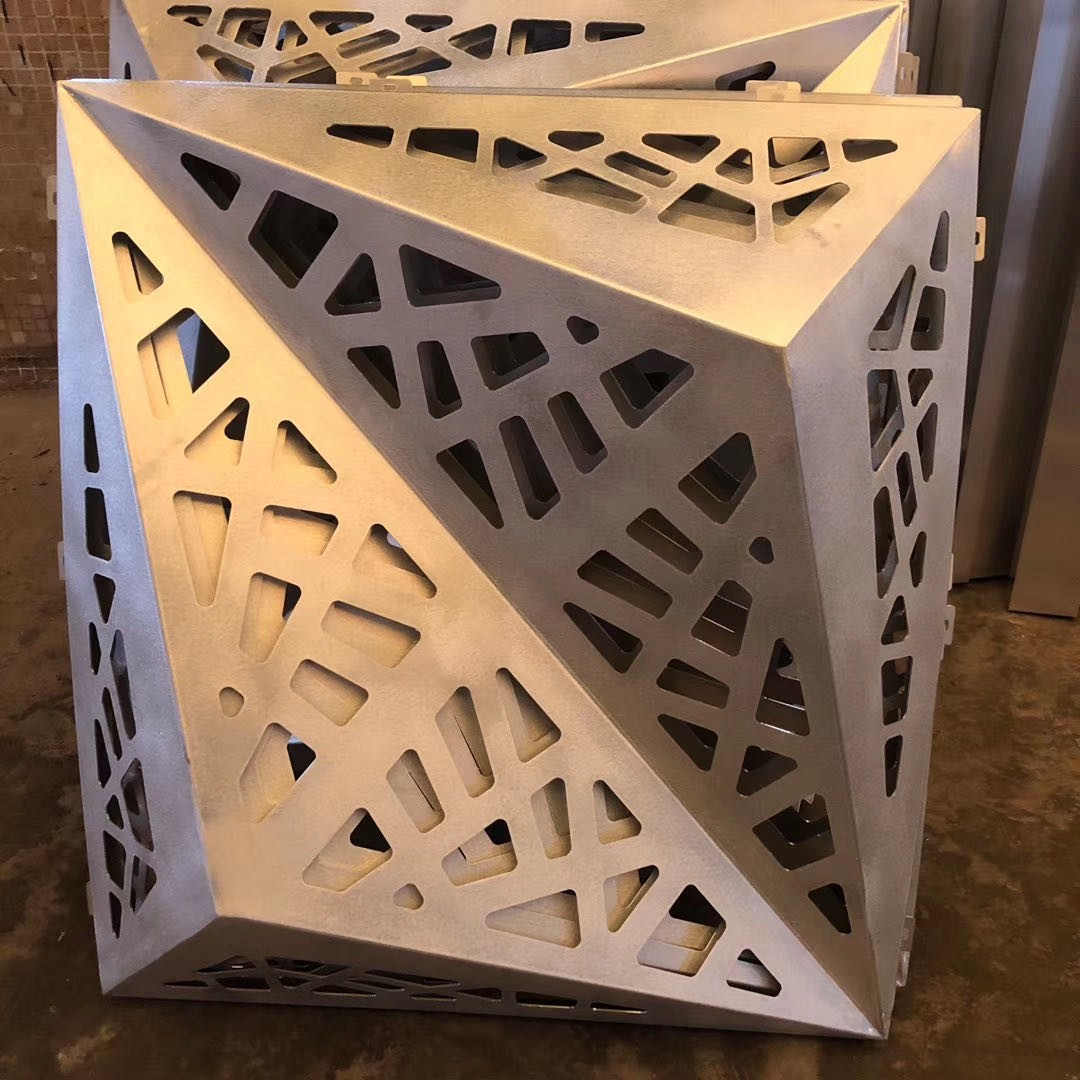
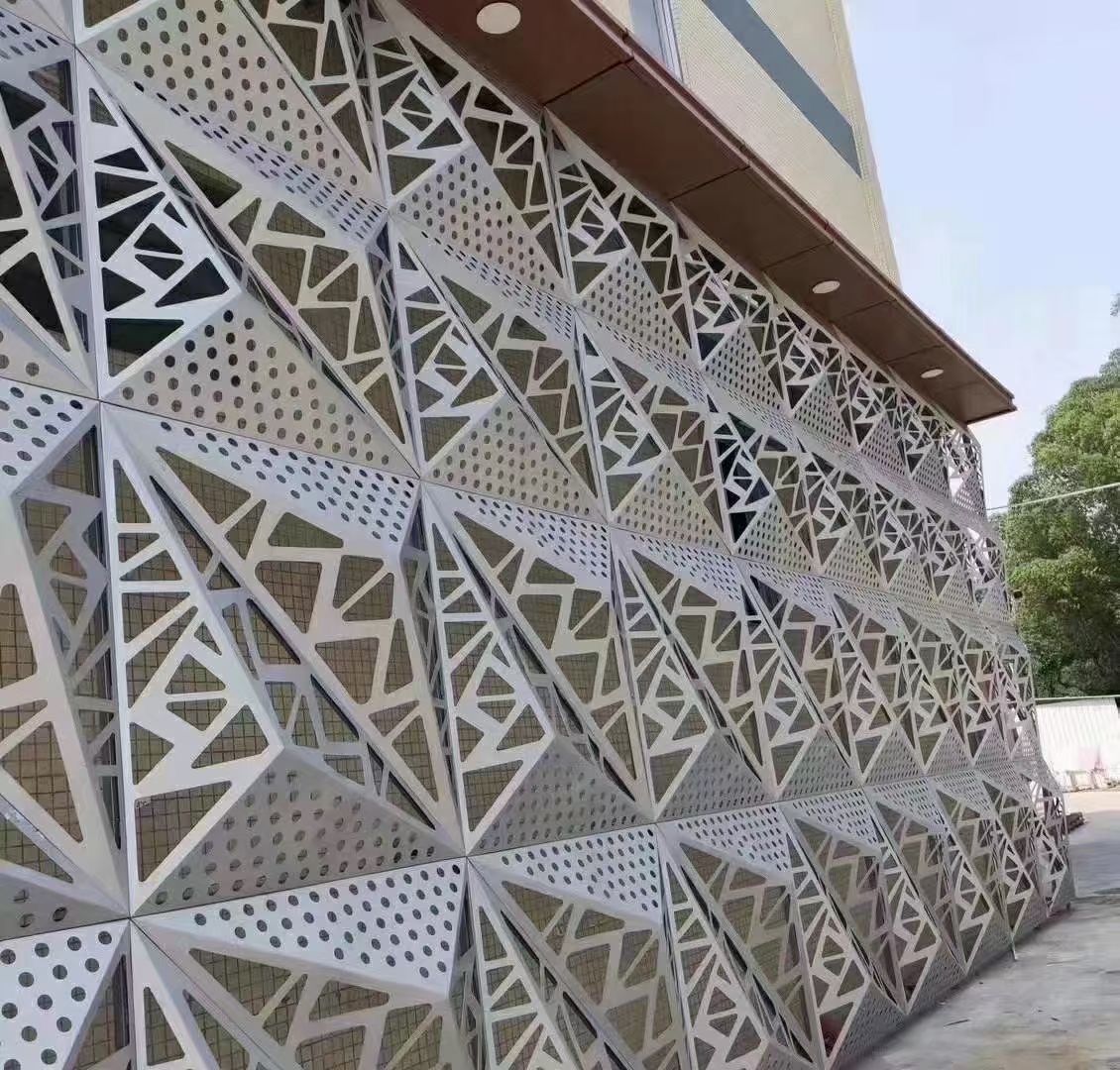
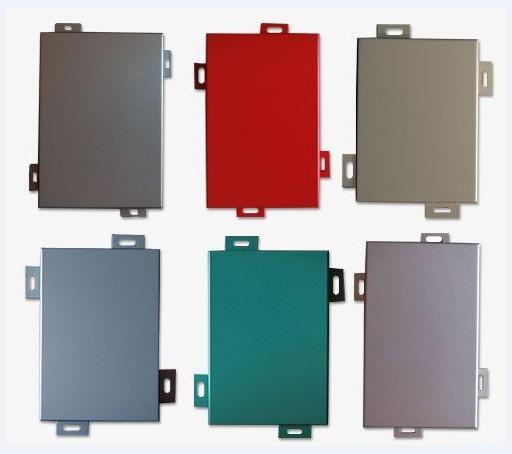
 Customer service QQ
Customer service QQ